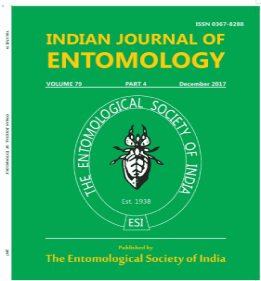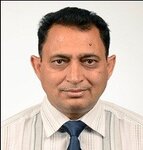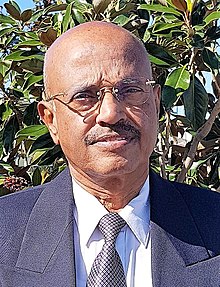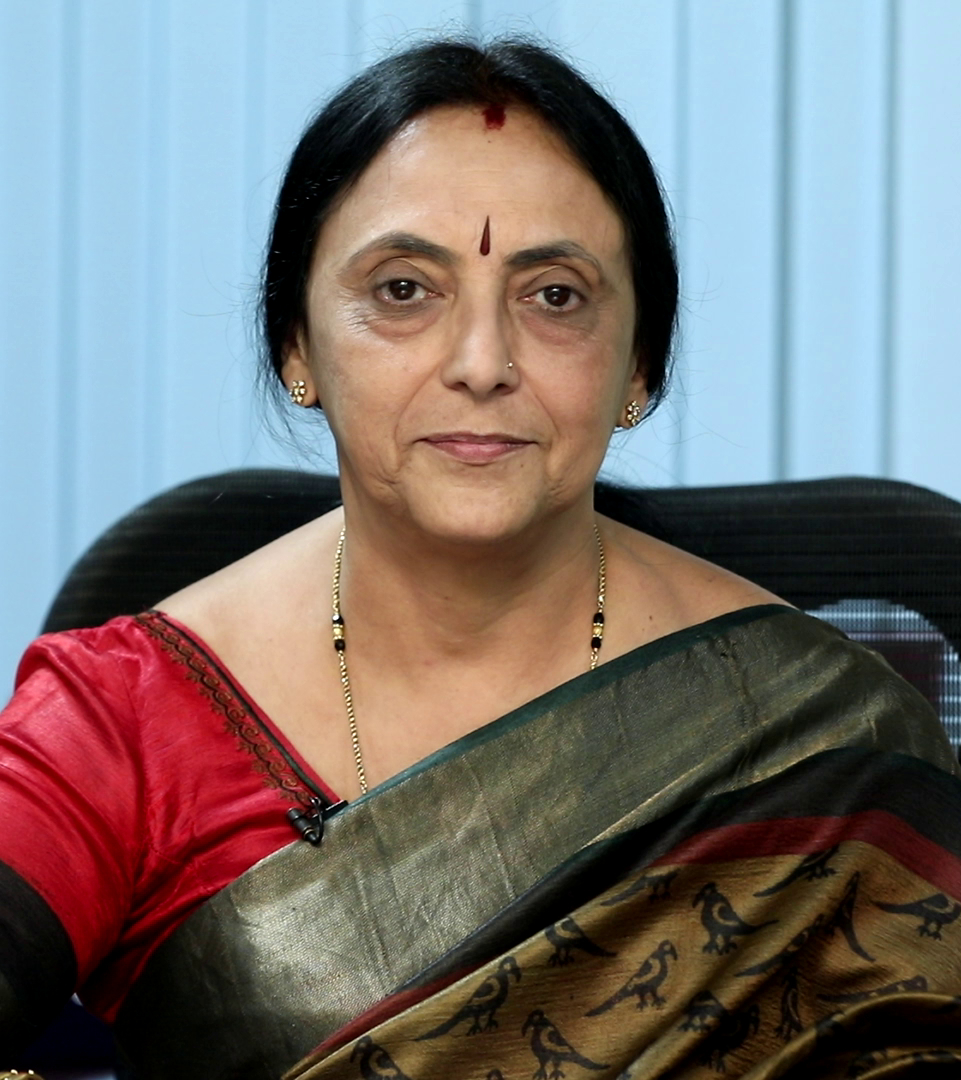Aphrodisiac Effect of Aloe vera Gel Supplementation in Diet of Drosophila melanogaster Meigen
DOI:
https://doi.org/10.55446/IJE.2021.103Keywords:
Drosophila melanogaster, Aloe vera gel, antioxidant, aphrodisiac, copulation duration, fecundity, oxidative stress, mating latency, reproductive fitnessAbstract
The well-established model organism Drosophila melanogaster Meigen was used in the present study to ascertain the aphrodisiac property of Aloe vera gel supplementation in diet on it’s mating behaviour and fitness parameters. The results revealed that the gel supplementation enhanced its reproductive performance. Male Drosophila individuals with high vigour (short mating latency period) reacted quickly in a female’s presence, while a male with less vigour (a large mating latency period) responded slowly. Copulation duration was found to be negatively correlated with mating latency. Treated groups showed longer copulation duration and shorter mating latency period. Female fecundity was observed to be significantly and positively correlated with copulation duration. Increased copulation duration in A. vera supplement fed females revealed increased egg lying. Thus, A. vera gel supplemented diet enhances the reproductive fitness parameters in D. melanogaster.
Downloads
Metrics
Downloads
Published
How to Cite
Issue
Section
References
Adimoelja A. 2000. Phytochemicals and the breakthrough of traditional herbs in the management of sexual dysfunctions. International Journal of Andrology 23: 82-84.
Amin K M, Khan M N, Rehman S Z and Khan N A. 1996. Sexual function improving effect of Mucuna pruriens in sexually normal rats. Fitoterapia 67: 58-68.
Avila F W, Sirot L K, LaFlamme B A, Rubinstein, C D and Wolfner M F. 2011. Insect seminal fluid proteins: identification and function. Annual Review of Entomology 56: 21-40.
Barbosa F A. 2011. Copulation duration in the soldier fly: the roles of cryptic male choice and sperm competition risk. Behavioural Ecology 22: 1332-1336.
Clare M J and Luckinbill L S. 1985. The effects of gene-environment interaction on the expression of longevity. Heredity 55: 19-26.
Dieng H, Satho T, Abang F, Miake F, Azman FA, Latip N A, Aliasan N E, Noor S, Nolasco-Hipolito C, Ahmad AH, Ghani I A, Ahmad H, Zuharah WF, Majid A H, Morales Vargas R E, Morales N P, Attrapadung S, Noweg G T. 2018. Courtship activity, copulation and insemination success in a mosquito vector fed a herbal aphrodisiac: Implications for sterile insect technology. Indian Journal of Medical Research 148: 334-340.
Eastwood L, Burnet B. 1977. Courtship latency in male Drosophila melanogaster. Behaviour Genetics 7 (5): 359-372.
Edvardsson M, Canal D. 2006. The effects of copulation duration in the bruchid beetle Callosobruchus maculatus. Behavioural Ecology 17: 430-434.
Graves J L. 1993. The costs of reproduction and dietary restriction: parallels between insects and mammals. Growth, Development and Aging 57 (4): 233-249.
Isidori A M, Pozza C, Gianfrilli D, Isidori A. 2006. Medical treatment to improve sperm quality. Reproductive Biomedicine Online 12 (6): 704-714.
Markow T A. 1988. Reproductive behaviour of Drosophila melanogaster and D. nigrospiracula in the field and in the laboratory. Journal of Comparative Psychology (Washington D C: 1983) 102 (2): 169-173.
Mehrdad M, Alireza K. 2014. The effects of Aloe vera extract on reproductive parameters in mice. International Conference on Biological, Environment and Food Engineering (BEFE-2014), August 4-5, 2014, Bali (Indonesia).
Mosher W D, Pratt W F. 1991. Fecundity and infertility in the United States: incidence and trends. Fertility and Sterility 56 (2): 192-193.
Pathak P, Guru Prasad B R, Murthy N A, Hegde S N. 2011. The effect of Emblica officinalis diet on lifespan, sexual behaviour, and fitness characters in Drosophila melanogaster. AYU 32: 279-284.
Simmons L W. 2001. Sperm competition and its evolutionary consequences in the insects. Princeton University Press, Princeton. 456 pp.
Singh A, Singh B N. 2014. Mating latency, duration of copulation and fertility in four species of the Drosophila bipectinata complex. Indian Journal of Experimental Biology 52: 175-180.
Surjushe A, Vasani R, Saple D G. 2008. Aloe vera: A short review. Indian Journal of Dermatology 53: 163-166.
Ullah M S, Sugimoto R, Kongchuensin M, Konvipasruang P, Gotoh T. 2017. Copulation duration, sperm transfer and reproduction of the two closely related phytoseiid mites, Neoseiulus womersleyi and Neoseiulus longispinosus (Acari: Phytoseiidae). Experimental and Applied Acarology 71 (1): 47-61.
Varsha S Z, Dinesh K D, Vaibhao G T, Shital R P. 2013. Effect of aqueous extract of Moringa oleifera seed on sexual activity of male albino rats. Biological Forum- An International Journal 5 (1): 129-140.















